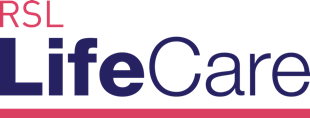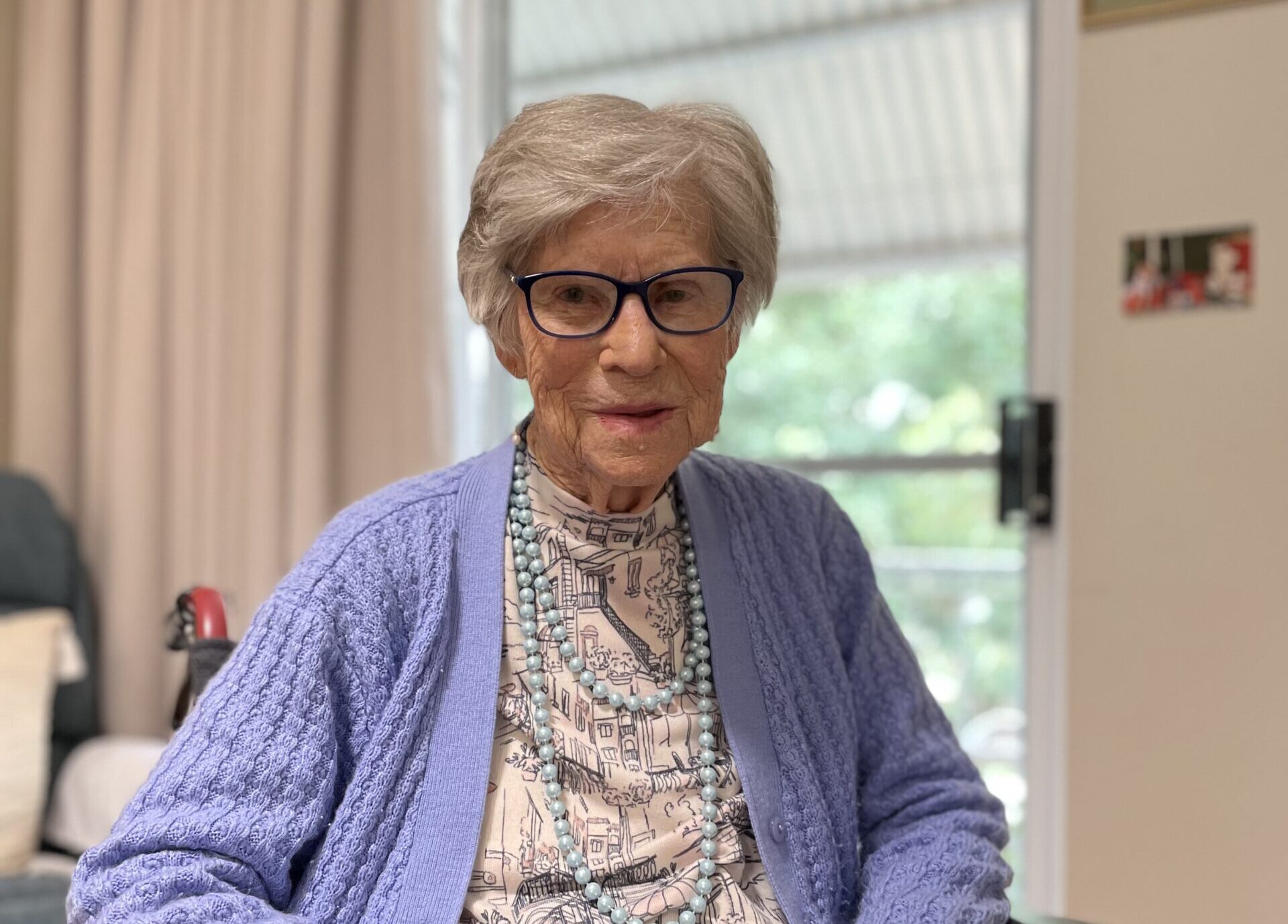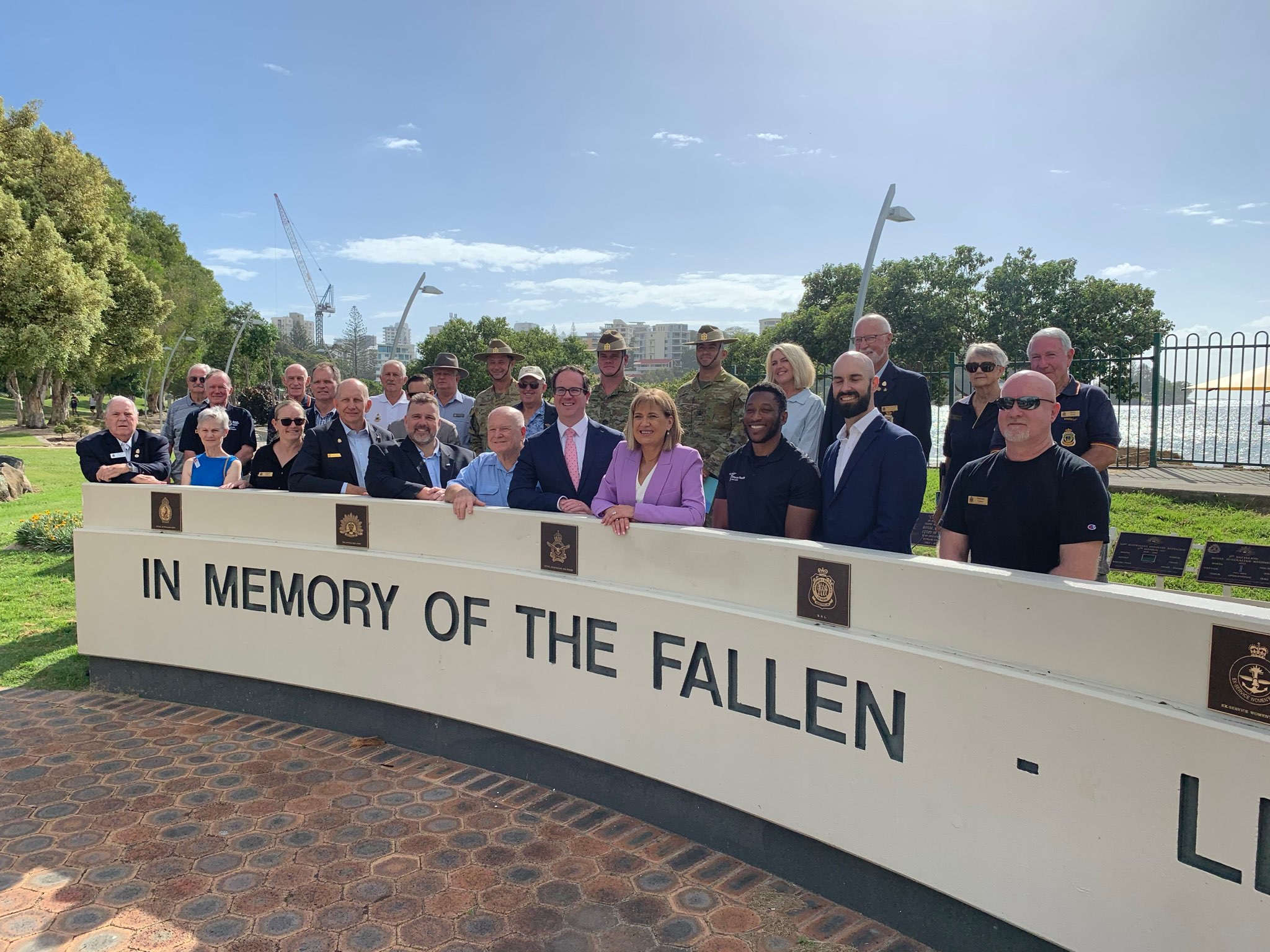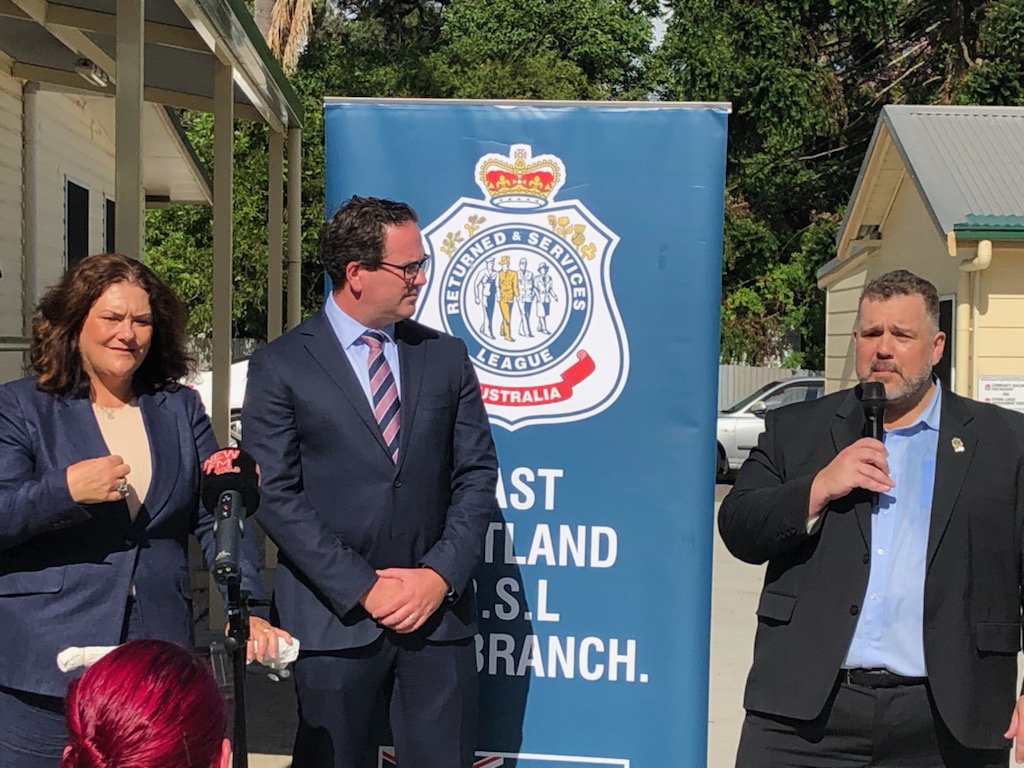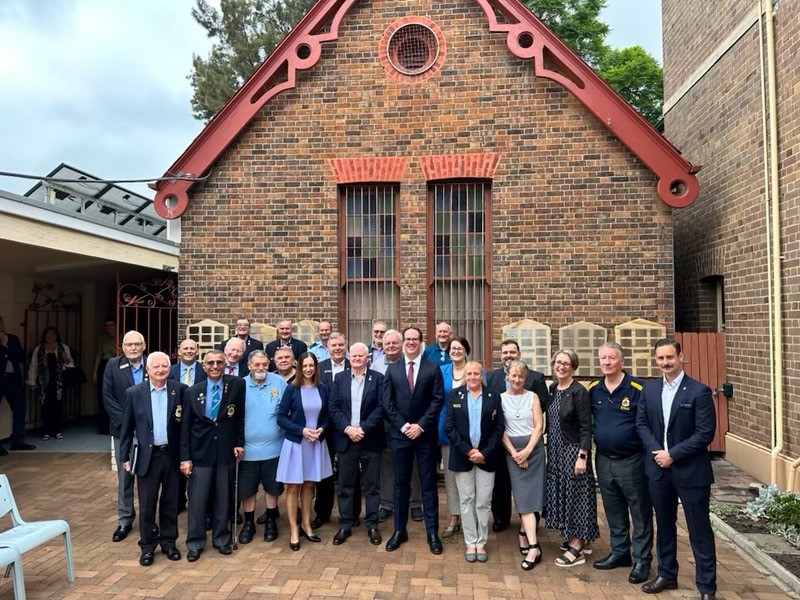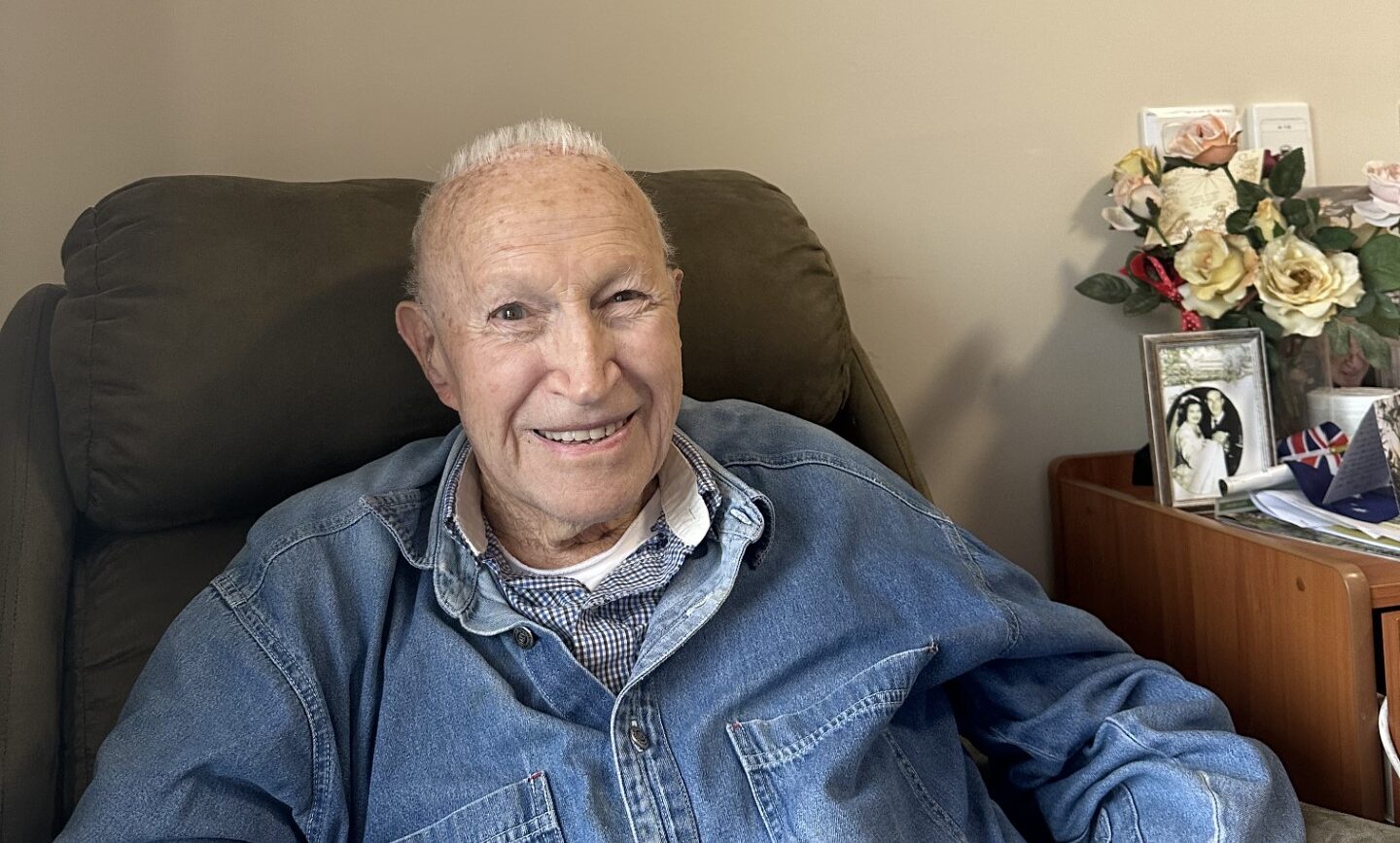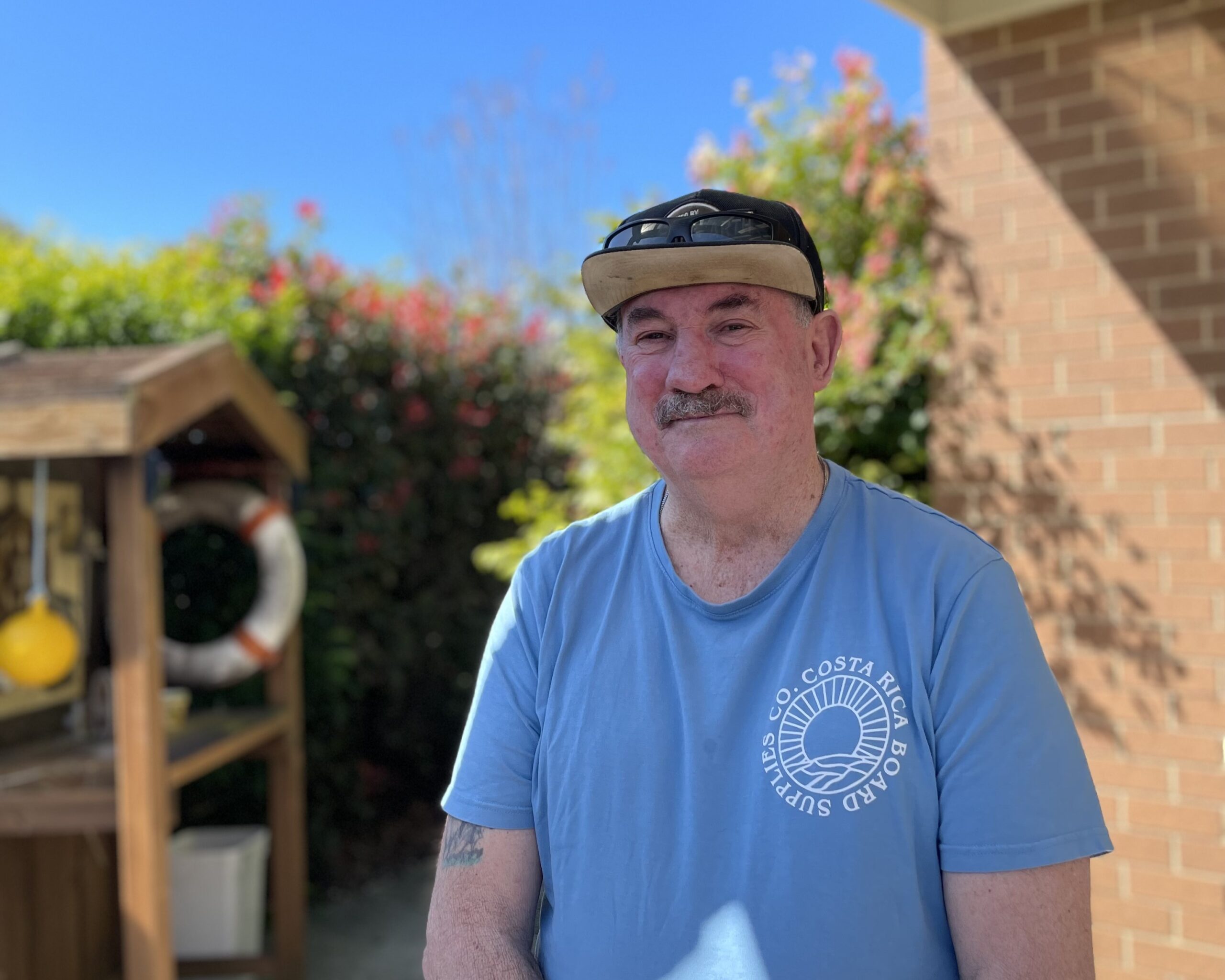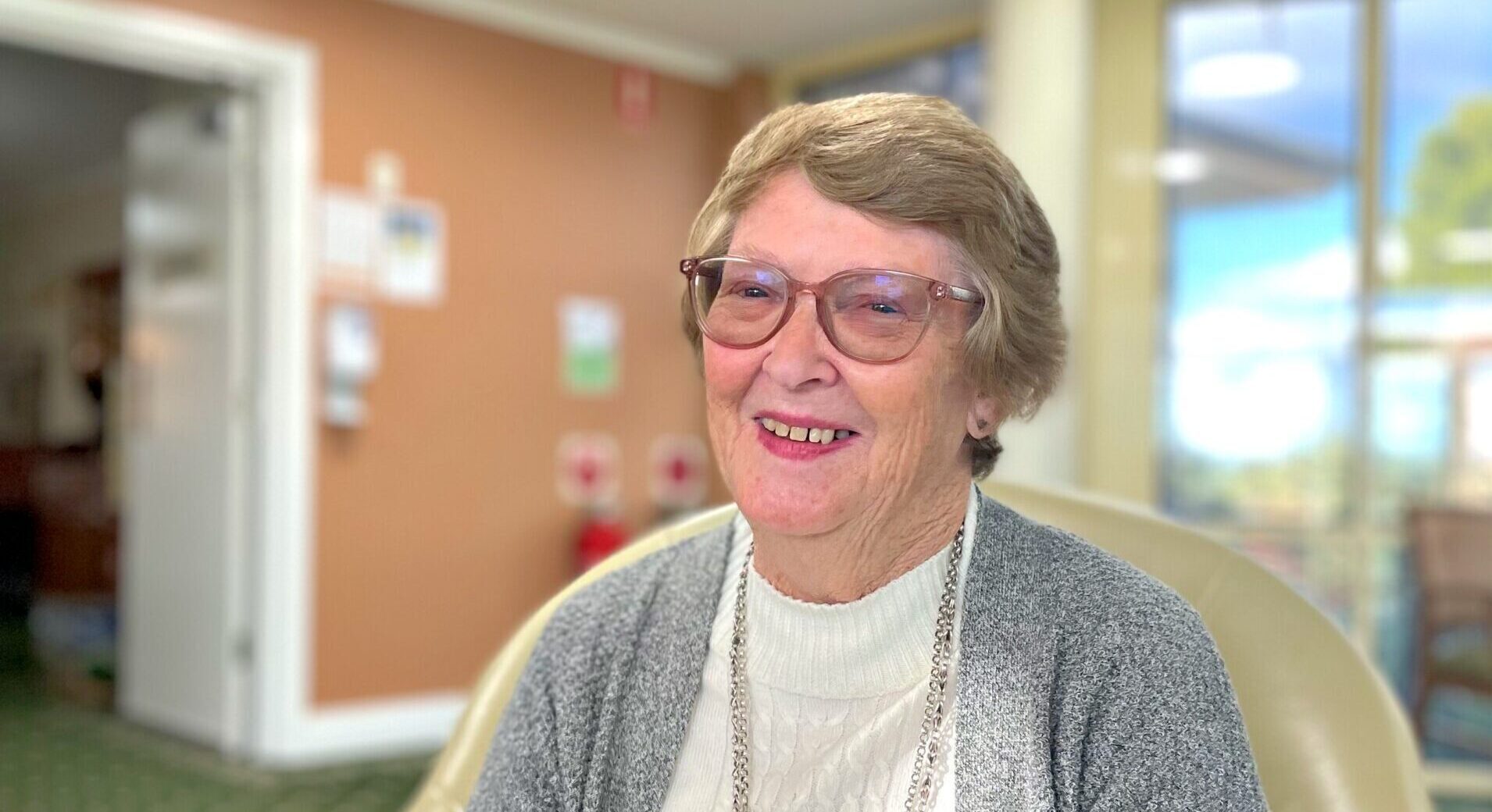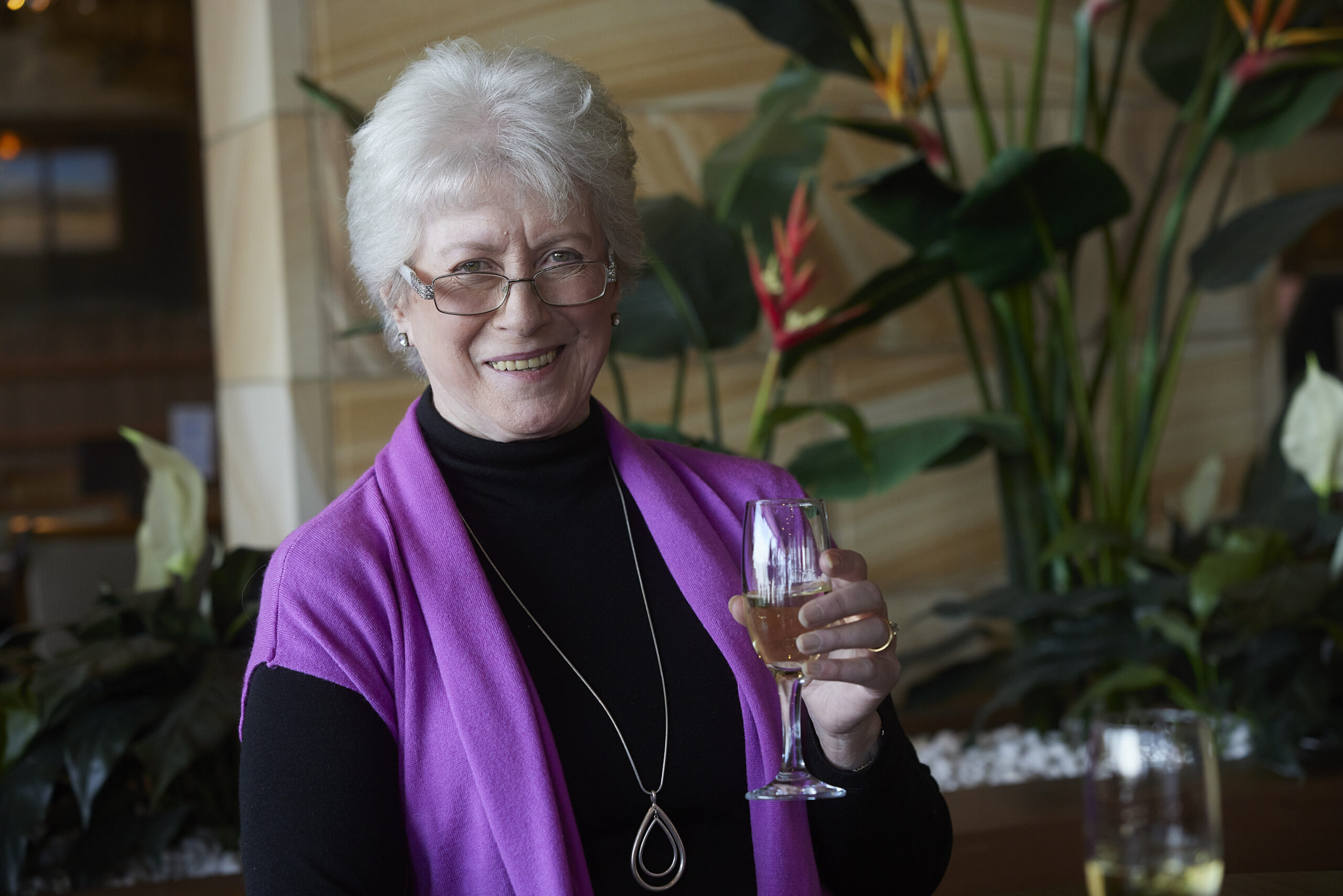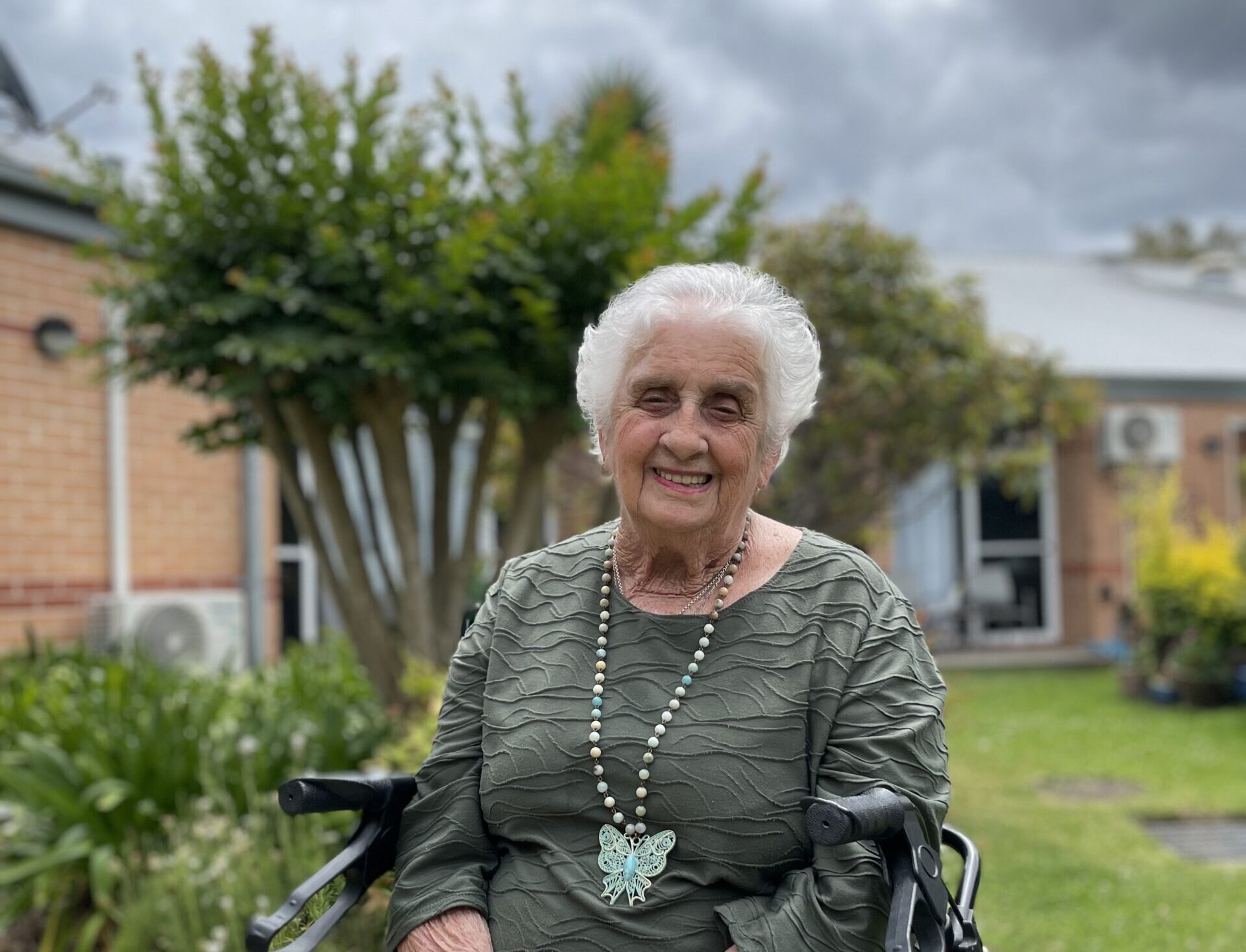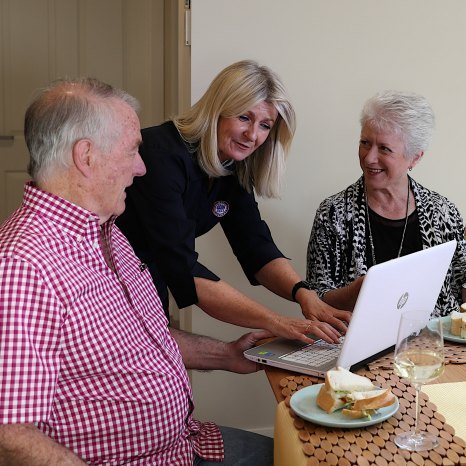
Protecting yourself from scams
Today there are an increasing amount of reports in the media about people who have fallen victim to scams, where personal details and money have been stolen. The ACCC advises that to date they have 16,654 reports of money lost to scammers, totalling $6.84 million! And these are just the reported cases.
Of these scams, 48.3% of them are facilitated through unsolicited phone calls and 28% come in via email. In most of these cases, scammers claim to be representing major, well known organisations including banks, Telstra, Australia Post and Microsoft to name a few.
Recently I had a phone call which went like this:
Caller: Yes hello it’s so and so from Microsoft calling. How are you today?
Me: Well thanks
(Now I’m sceptical already. How does Microsoft have my phone number? I never gave it to them. Anyway let’s tag along to hear him out.)
Caller: The reason for my call today is that we have identified a problem with your PC which urgently needs fixing. Are you near your computer now?
Me: Yes I have it up and running in front of me now.
Now at this point I know for certain the caller is not legitimate for 4 reasons.
- If I had a problem with my PC, why is the PC manufacturer not calling me? (Not that they would mind you.) Microsoft is only responsible for some software on PCs not the actual PC itself.
- Microsoft would not personally call the hundreds of millions of their customers to do a fix with them over the phone. Any “fixes” are done as software upgrades automatically without any involvement required by you. They don’t need every individual user to manually do this.
- As previously mentioned, I never gave Microsoft my personal phone number in the first place
- Perhaps the most obvious may that I knew this was a scam was that I didn’t Microsoft on my computer because I have a Mac!
From here the caller led me through a series of instructions – click here, click there, open this, open that. I tagged along pretending to do what he was asking but not actually doing anything just to play along with his game. Why? I was curious to hear how this scammer wanted this call to play out to get my details and also because I thought the longer I hold him up on the phone, the less time he would have to scam other people who may fall victim, not that I recommend you do this! If it happens to you please just hang up, I guarantee they won’t call you back. Anyway back to the phone conversation…
Caller: Next, can you read out to me your IP address.
Now this is the biggest red warning light. Never give anyone over the phone or via email your IP address! If you do, you will be giving that person direct access to your computer and they can view and open any of your files, folders, photos, and even secret passwords which you may have stored somewhere. Something else scammers can do is go into your Internet and look at your history and favourites. If you have done online banking they will be able to see which bank you are with and if you have saved your login details, log in as you and transfer money directly to their account. These accounts they have by the way are untraceable so it’s highly unlikely that you will be able to get your money back.
So how did the call finish? In the end I said “Nice try but I’m not falling victim to your scam.” The next thing I heard was click. Not another word was spoken. The caller was outed and he would have moved on to call another poor unsuspecting victim.
This is just one example of a recent scam. Scams come in all forms and target all Australians.
TYPES OF SCAMS
Unexpected money—Scammers invent convincing and seemingly legitimate reasons to give you false hope about offers of money. They come in the form of Inheritance offers, Nigerian scams, reclaim or up-front payment and advanced fee frauds.
Unexpected winnings—These scams try to trick you into giving money upfront or your personal information in order to receive a prize. These include unexpected prizes and lottery scams, travel prizes and scratchie scams that come through the post.
Fake charities—Scammers impersonating genuine charities and ask for donations for relief efforts after natural disasters.
Dating and romance—Scammers take advantage of people looking for romantic partners, often via dating websites and apps or social media.
Buying or selling—Scammers prey on consumers that are buying and selling products or services.
Jobs and investment—If you are looking for a fast way to make money, these include betting and sports investment schemes, investment and pyramid schemes, and superannuation scams.
Attempts to gain personal information—Scammers use all kinds of sneaky approaches to steal your personal details. Once obtained they can use your identity to commit fraudulent activities, such as using your credit card or opening a bank account. This can be done by ‘phishing’ scams where they trick you into giving them your details over the phone by pretending to be a well known organisation such as a bank or the tax office. They can also ask for your IP address for your computer so that they can gain full access to your computer. They can also pretend to be a computer company needing to install software onto your computer.
HOW DO YOU PROTECT YOURSELF FROM THESE SCAMS?
Some simple tips to help you protect yourself from these scams include:
- Be alert to the fact that scams exist. When dealing with uninvited contacts from people or businesses, whether it’s over the phone, by mail, email, in person or on a social networking site, always consider the possibility that the approach may be a scam.
- Do not open suspicious texts, pop-up windows or emails—delete them.
- Never give out your personal information over the phone unless you have facilitated the call or email. Your credit card, bank account details, passwords, Social Security, Medicare or other personal information over the phone unless you initiated the call. Also beware of any requests for you to send money.
- Sign up to the “Do Not Call” Register. To register please visit www.donotcall.gov.au. This prevents telemarketers from calling you so the only unsolicited phone calls you may still receive are from charities or scammers. If you then receive a phone call from a company who is not a charity, you can then ask them how they managed to get your number because you are on the Do Not Call list! This should raise you suspicion straight away. This is not a total solution in itself but it will reduce the number of phone calls you get.
- Keep your mobile devices and computers secure. Always use password protection and don’t share access with others. Always use password protection, don’t share access with others (including remotely), update security software and back up content. Protect your WiFi network with a password and avoid using public computers or WiFi hotspots to access online banking or provide personal information.
- Choose your passwords carefully. Choose passwords that would be difficult for others to guess and update them regularly. Don’t use the same password for every account/profile.
- Beware of any requests for your details or money.
- Be careful when shopping online.
- Always tell the caller “I never buy from (or give to) anyone who calls or visits me unannounced. Send me something in writing.” If it is a legitimate charity they will post you some material. Alternatively you can visit their website after doing your own online search, (not them sending you a link via email which may not be legitimate). It’s also a good practice to obtain a salesperson’s name, business identity, telephone number and mailing address before you do business.
Unfortunately sometimes it pays not to be too trusting. Especially when you do not know the person or company that is calling. We like to think that the person on the other end of the phone or email is acting with good intent, but sadly, sometimes this is not the case.
Further information on scams that have occurred within Australia can be found on the ScamWatch website www.scamwatch.gov.au. On this website you will be able to register for email alerts and the latest news on scams.
If you feel that you have been affected by something like this or are unsure, please contact your local LifeCare at Home Coordinator on 1300 853 146 for assistance.
Blog Posts
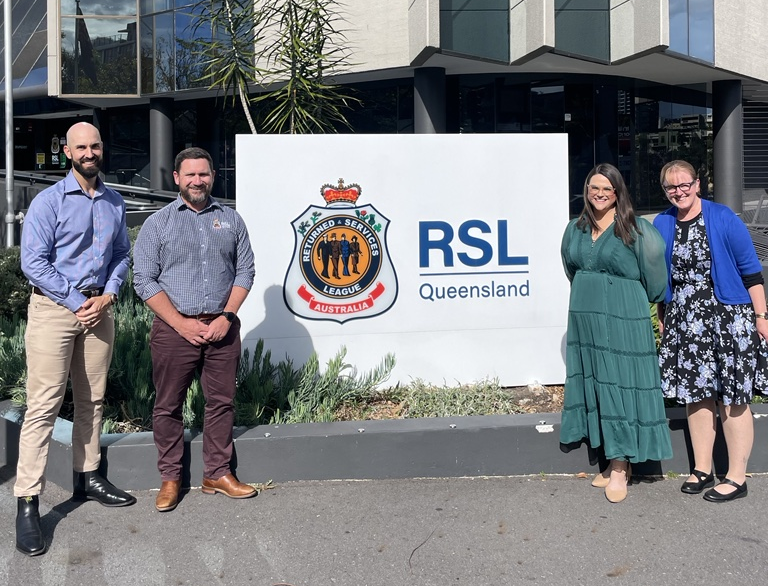
05 Feb 2024
NSW veteran employment prospects enhanced as RSL LifeCare partners with RSL Queensland
To further enhance the employment prospects of veterans and their partners, RSL LifeCare Veteran Services has today announced its...
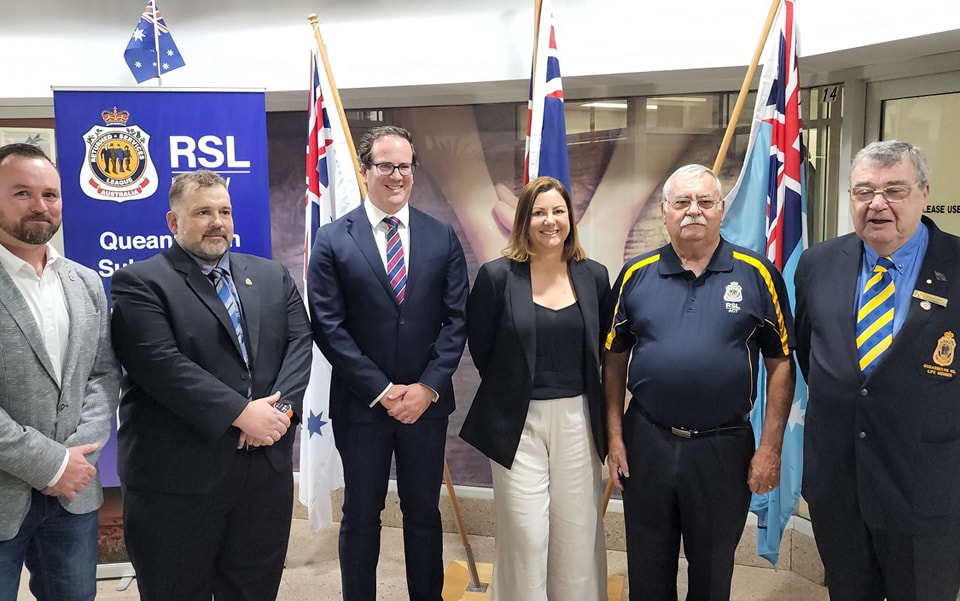
23 Jan 2024
RSL LifeCare receives $5.445 million in funding to deliver a new Veteran Wellbeing Hub in Queanbeyan
RSL LifeCare, in partnership with RSL NSW, will receive a $5.445 million grant from the Federal Government to develop...
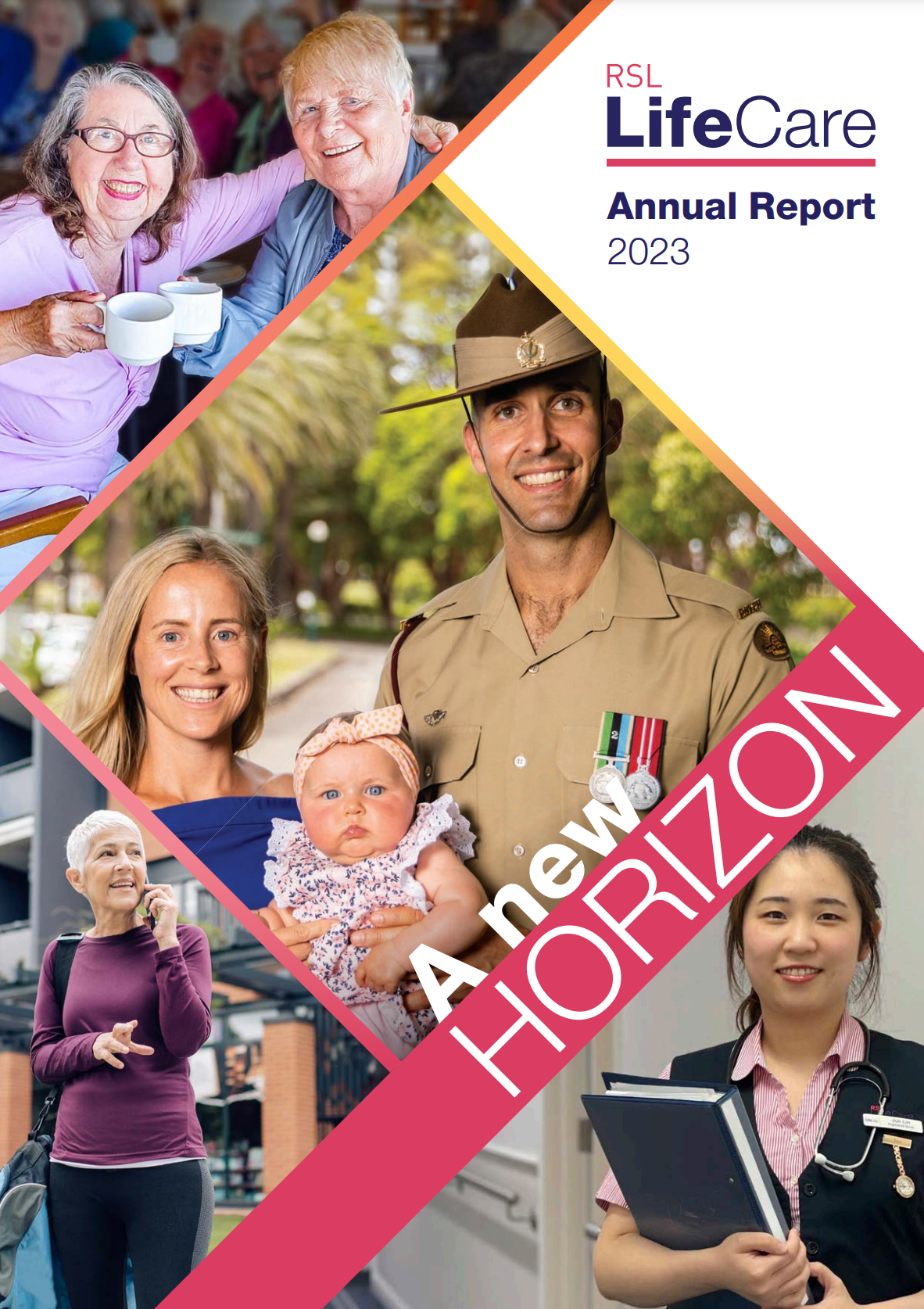
11 Dec 2023
RSL LifeCare Annual Report 2023
We are pleased to announce the 2023 RSL LifeCare Annual Report is now available to view via flipbook or...

27 Nov 2023
Positive impact of Intergenerational Relationships
The power of intergenerational relationships has been demonstrated on ABC’s Old People’s Home for Teenagers, featuring residents from RSL...
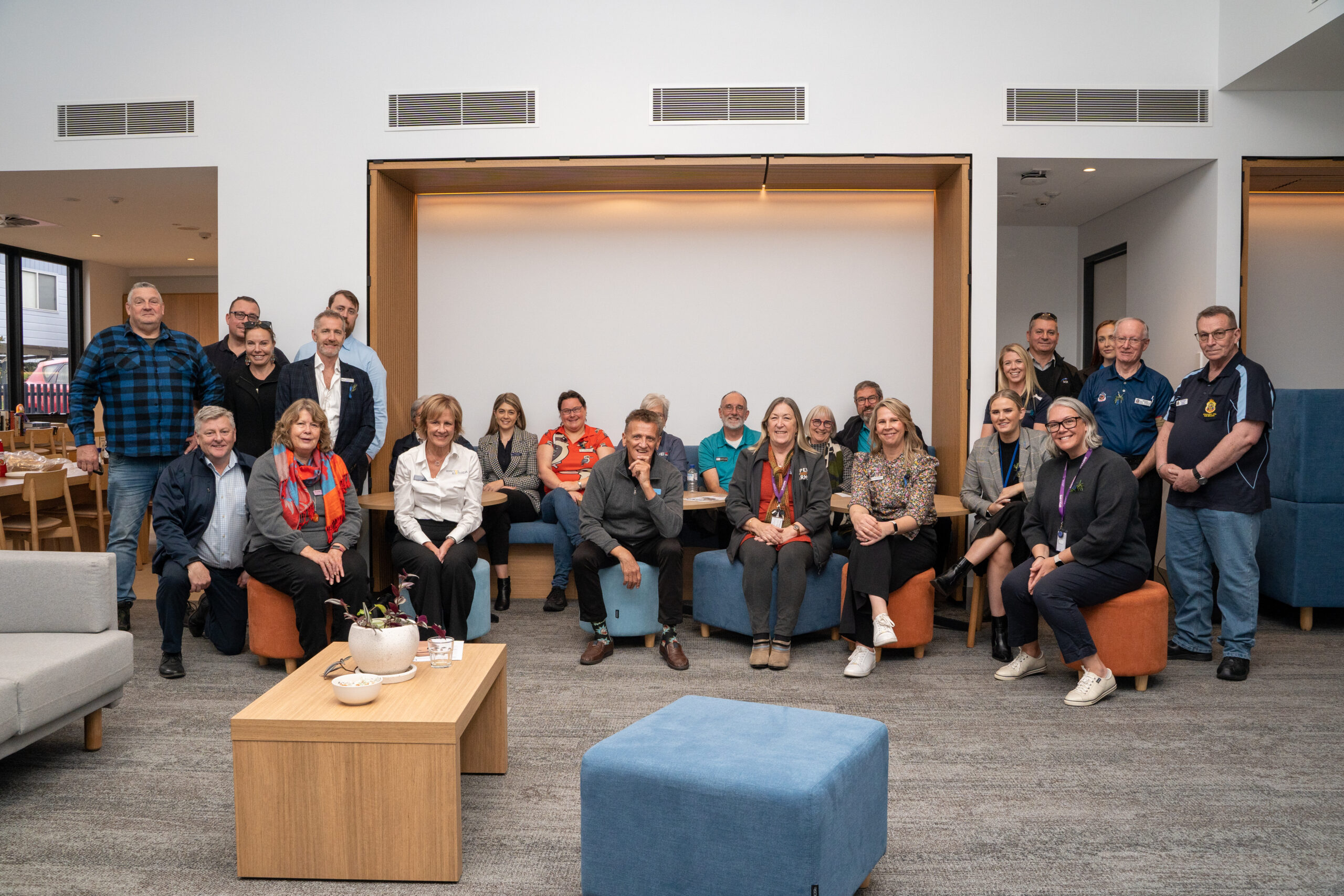
23 Nov 2023
RSL LifeCare secures $1.7 million funding to establish Central Coast Veteran and Family Hub and $243,000 for a centre at Bardia Barracks
RSL LifeCare has received $1.7 million in funding from the Albanese Government’s Veteran Wellbeing Grants One-Off Program to establish...
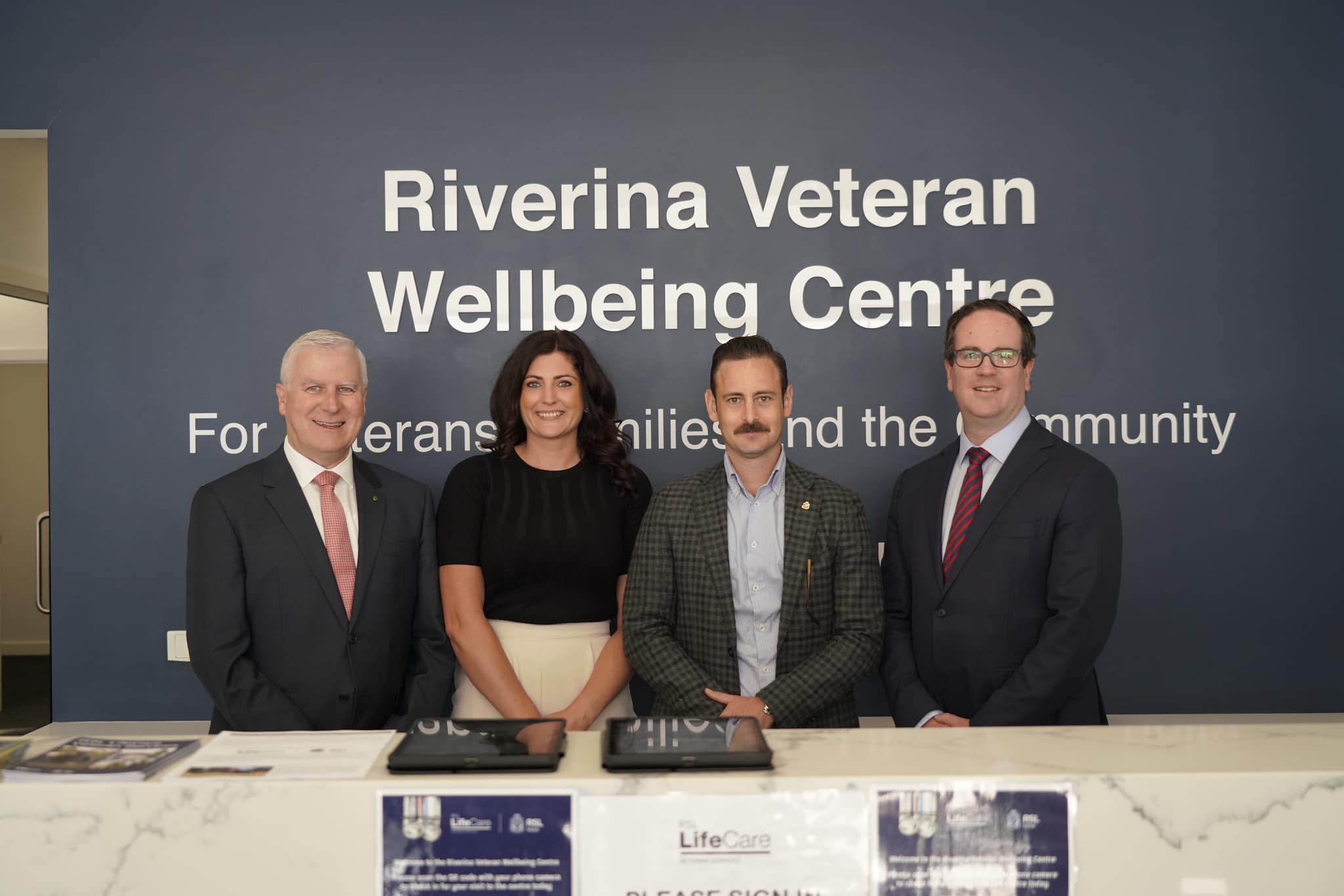
22 Nov 2023
RSL LifeCare awarded $520,341 in government funding to enhance Veteran wellbeing services in Riverina
RSL LifeCare has secured $520,341 in funding from the Albanese Government’s Veterans Wellbeing Grants One-Off program that will be...

14 Nov 2023
RSL LifeCare hosts the inaugural Poppy Ball aboard HMAS Adelaide (III)
The inaugural Poppy Ball was held in Sydney on Saturday 11 November 2023 aboard the HMAS Adelaide (III). The...
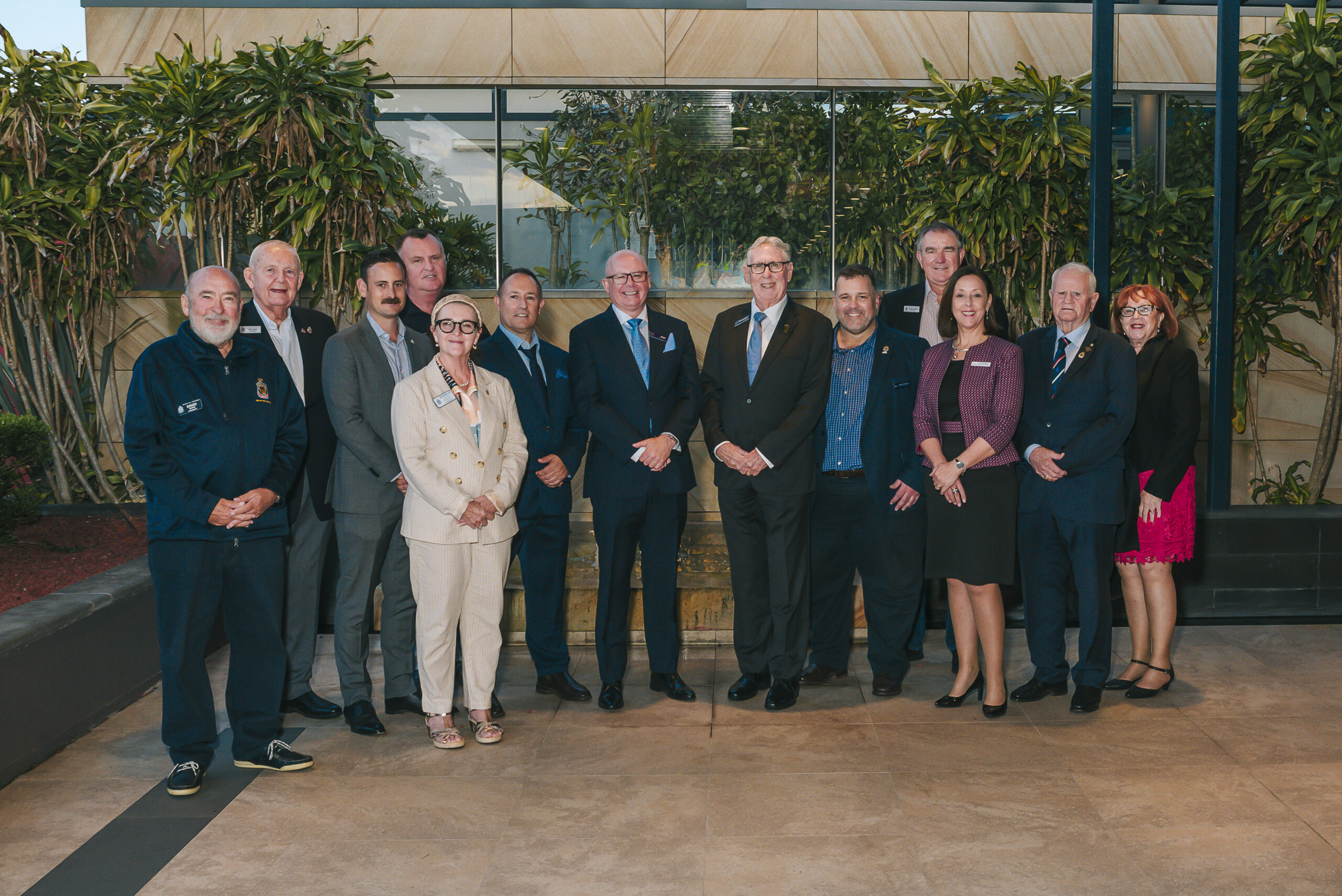
26 Sep 2023
RSL LifeCare announces plans for new Veteran Wellbeing Centre in Dee Why
RSL LifeCare is set to extend its crucial service delivery for local veterans and their families with the opening...

20 Sep 2023
RSL LifeCare Nowra Community Unveils Visionary Expansion, Elevating Retirement Living to New Heights
RSL LifeCare has today announced Stage 2 release of its Dumaresq Retirement Village at RSL LifeCare Nowra Community. The...
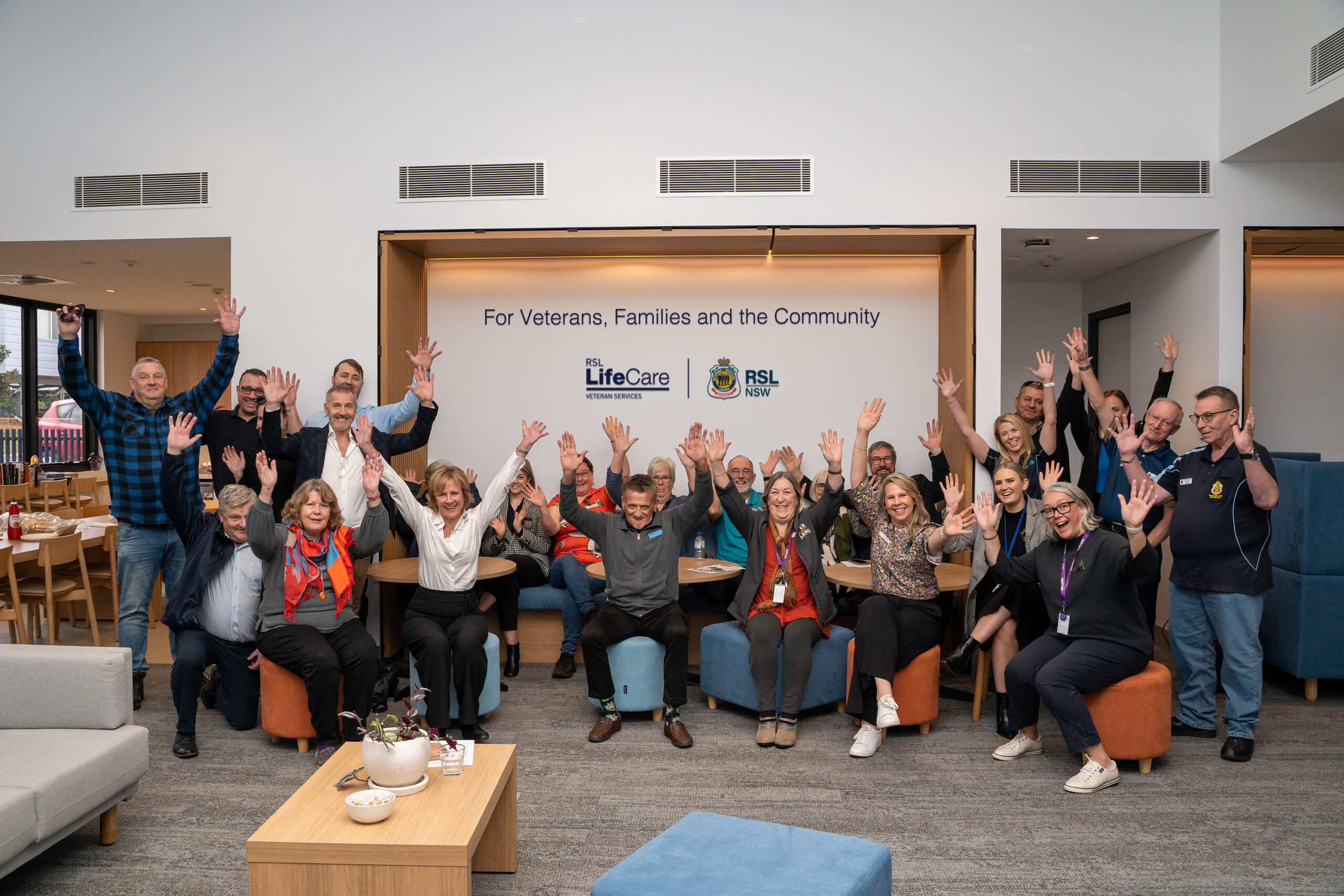
22 Aug 2023
Federal Government grant awarded to RSL LifeCare
RSL LifeCare has been awarded a $50,000 grant by the Australian Government to support the development of a business...
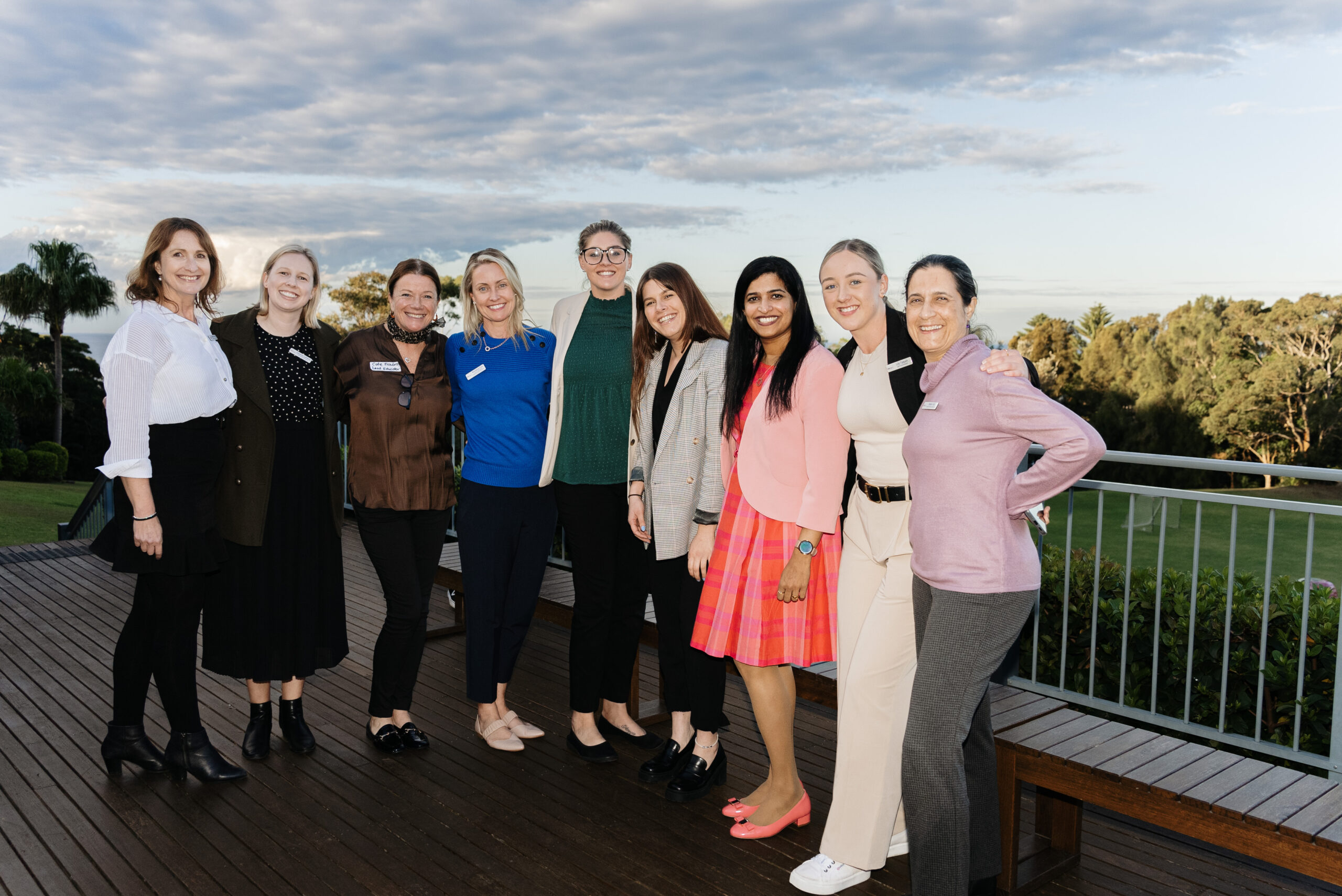
16 Aug 2023
RSL LifeCare a finalist in Best Graduate Development Program – Australian HR Awards 2023
August 2023 – RSL LifeCare’s Graduate Registered Nurse Program has been announced as a finalist in the Australian HR...

14 Aug 2023
RSL LifeCare successfully moves to the second stage in becoming the provider for a Veterans’ and Families’ Hub in both the Tweed-North Coast region and Queanbeyan.
RSL LifeCare has welcomed the opportunity by the Federal Government to submit a business case to deliver a Veterans’...

08 Mar 2023
Message from our CEO celebrating International Women’s Day
Good morning everyone, Today, on International Women’s Day, we take the opportunity to celebrate the contribution made by the...
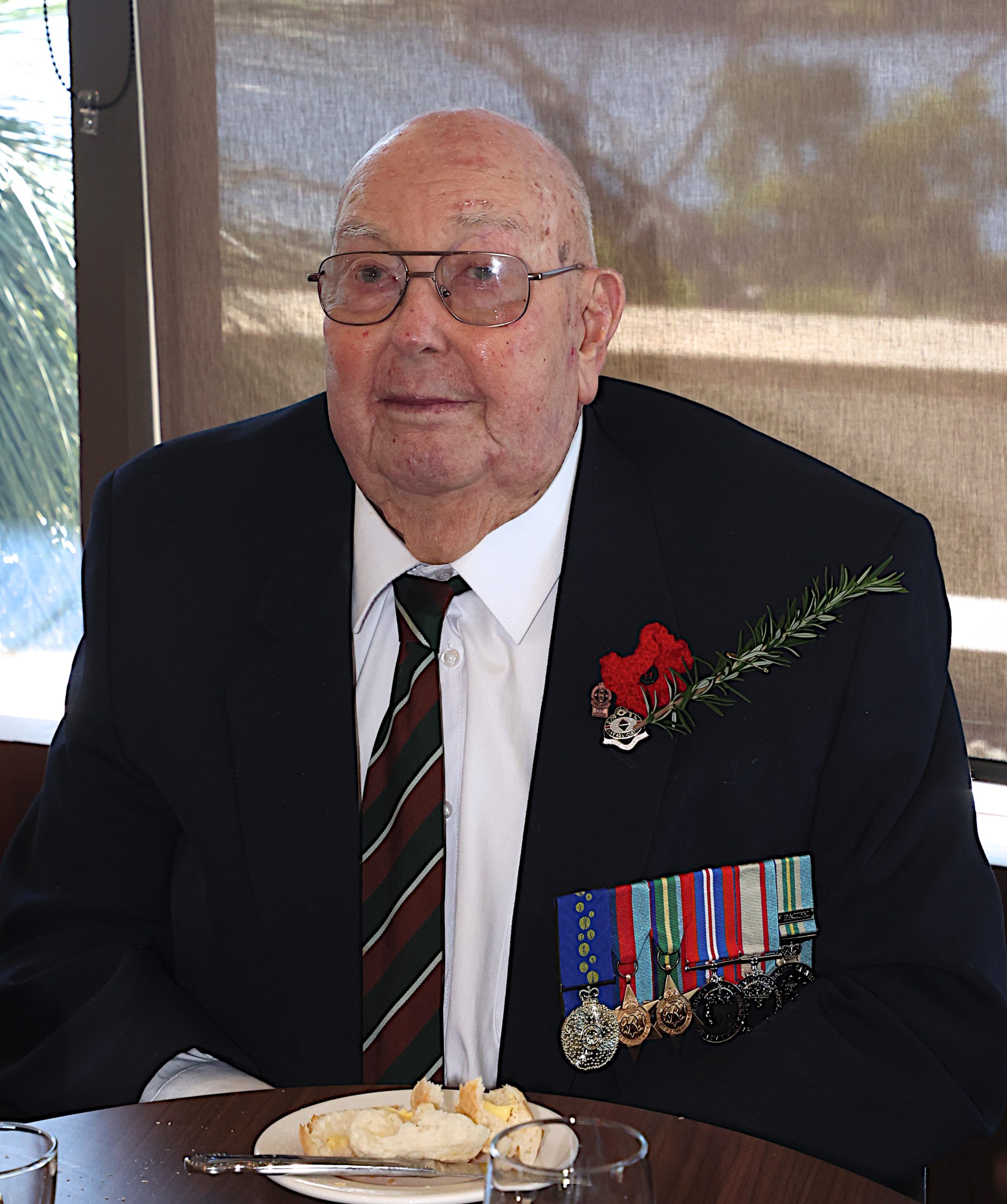
09 Jun 2022
Vale Walter Williams OAM
RSL LifeCare staff and residents alike have been deeply saddened to learn of the passing of long – time...

12 May 2022
Giving our nurses a voice to lead
Today, on International Nurses Day (IND) we shine a light on our nursing staff and their vital work. Our nurses...
08 Apr 2022
RSL LifeCare Veteran Services – one team supporting veterans and their families
The delivery of Veteran Services has been core to RSL LifeCare since its beginnings over 100 years ago. Now,...

20 Mar 2022
How the RSL Veterans’ Employment Program helps veterans find work
Transitioning to a different career is not always easy for veterans returning to civilian life. The RSL Veterans’ Employment...
24 Nov 2021
RSL LifeCare Annual Report 2021
I am pleased to advise that the 2021 RSL LifeCare Annual Report is now available. This annual report is...
06 Oct 2021
Rapid Antigen Test kits now available to Aged Care providers.
The Department of Health is offering Rapid Antigen Test kits to aged care providers across NSW in high-risk Local...

05 Aug 2021
Aged Care Employee Day is a day to thank everyone at RSL LifeCare.
7th August is Aged Care Employee Day. This is a day for us to thank every person who works...

12 Jul 2021
World War 2 code breaker Marion Painter features in Sky News documentary
ANZAC Village, Narrabeen resident Marion Painter has featured in Sky News documentary, The Alliance, about her time as a...

29 Jun 2021
Aged care workers should be vaccinated on site.
AGED care provider, RSL LifeCare, have applauded the Australian Government for their decision to mandate COVID-19 vaccinations for staff...

23 Mar 2016
Laughter is the best medicine
Laughter releases endorphins, giving us the ‘feel good factor’ Acts as aerobic exercise and is like ‘internal jogging’ Unleashes...

17 May 2016
A healthy diet for a healthy heart
Valentine’s Day saw people thinking of love and things of the heart and we thought it would be a...
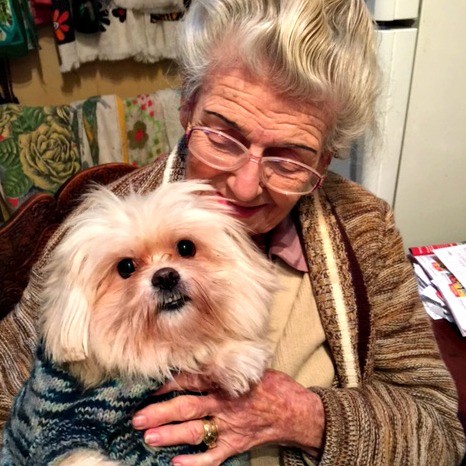
11 Oct 2016
Pets and Positive Ageing
Animals play an important role in our lives. As Community Staff, we are blessed to see the bonds that...
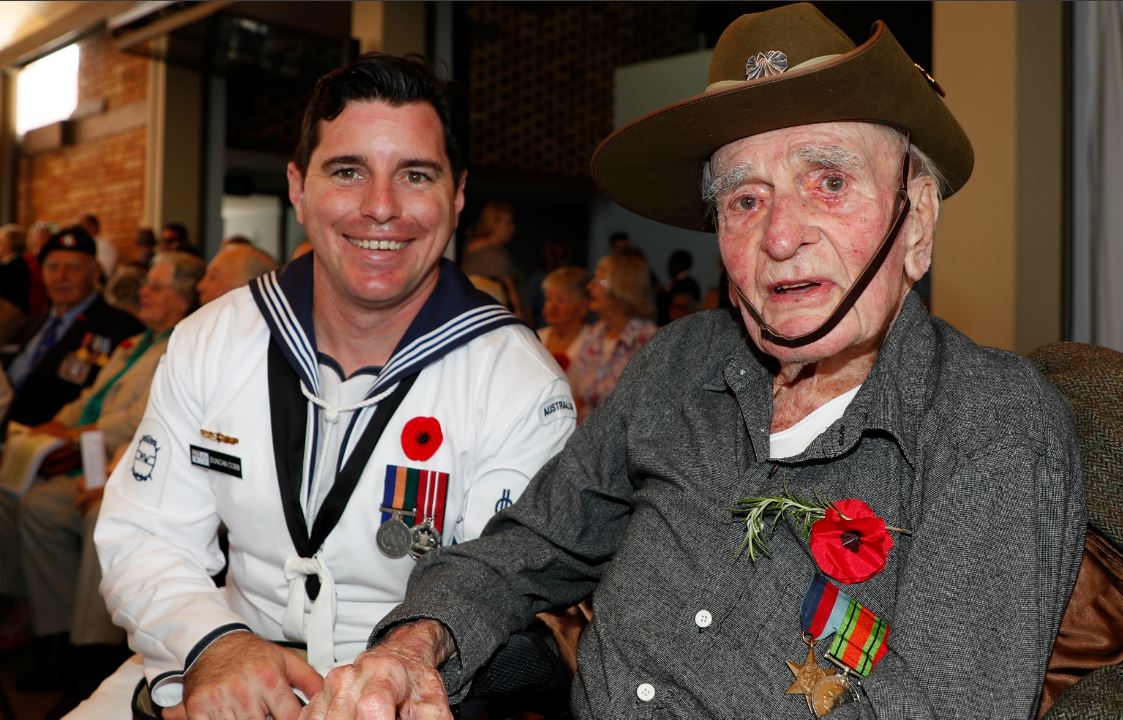
More from the blog
Latest News
Peter Fletcher’s Journey through WWII and Beyond
Peter Fletcher was born on March 18, 1924, in Brisbane, Queensland. At the age of 18, in 1942, he joined the Royal Australian Air Force...
Read moreCathy’s Tale of Work, Family, and Volunteering
"I was born on 19 December 1927. I'm 96 now. Originally from Tamworth, NSW. I began my career as a secretary, starting in Tamworth, then...
Read moreRSL LifeCare receives grant to develop a new Veterans’ and Families’ Hub in the Tweed-North Coast Region.
RSL LifeCare, in partnership with RSL NSW and sub-Branches, will today receive a $5.445 million grant from the Federal Government to develop a Veterans’ and...
Read moreRSL LifeCare receives multi-million dollar grant to develop a new Veterans’ and Families’ Hub in the Hunter Region’
RSL LifeCare, in partnership with RSL NSW and sub-Branches, will today receive a $5.445 million grant from the Federal Government to develop a Veterans’ and...
Read moreRSL LifeCare receives $5.445 million in funding to provide holistic support for veterans from Hawkesbury to South Western Sydney
RSL LifeCare, in partnership with RSL NSW and sub-Branches, will today receive a $5.445 million grant from the Federal Government to develop a Veterans’ and...
Read moreThe Incredible Journey of John Currie: A Life Anchored in Service
"I was born in Western Australia as an only child to a family with proud Scottish heritage. Growing up, my roots lay in the Methodist church,...
Read moreEmbracing Life’s Symphony: Grace Lane’s Remarkable Journey
"Life at RSL LifeCare has been a surprising adventure for me. When I first arrived, my plan was simple - to do absolutely nothing. Little...
Read morePeter Boughton: A Life of Service and Treasured Memories
Peter Boughton was born on February 18, 1951, at the Sydney Women's Hospital. His early years were filled with beautiful memories, especially his close bond...
Read moreRSL LifeCare receives $5.445 million in funding to deliver a new Veteran Wellbeing Hub in Queanbeyan
RSL LifeCare, in partnership with RSL NSW, will receive a $5.445 million grant from the Federal Government to develop a Veterans’ and Families’ Hub in...
Read moreJacquie’s 16 Years of Heartfelt Volunteering at RSL LifeCare
"I'm Jacquie, short for Jacquelyn Finley. I'm 76 years old, and I've been a volunteer at RSL LifeCare John Goodlet Manor for nearly 16 years now. You...
Read moreMargaret’s Journey: From Humble Beginnings to Cherished Community Life
"I was born in the lively neighbourhood of Willoughby and soon moved to Balgowlah Heights at the age of five. Growing up in a bustling...
Read moreJoan’s Creative Pursuits: Knitting, Puzzles, and Cherished Moments at RSL LifeCare
Many residents at RSL LifeCare love to participate in a variety of hobbies that keep their minds and hearts engaged. One such resident is Joan Herringe from RSL LifeCare Connie Fall. One...
Read more